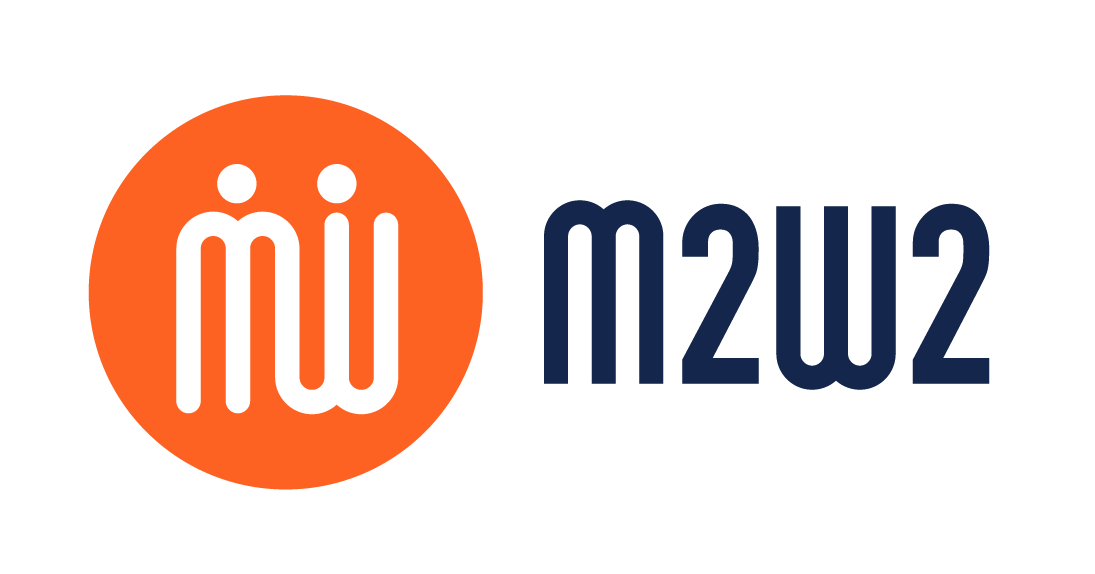When Glenn met George through M2W2 in 2004, he simply wanted someone to talk to. He didn’t know he would find a network of support through George and his family, a connection that continues to this day.
“I was [experiencing] depression, missing my family, missing my son,” Glenn said. “I was feeling guilt and shame around that. Having someone come in and talk to me really helped.”
George visited Glenn every week or two until he was released in 2008.
“He helped me become grounded and to forgive myself. [George] said, ‘You don’t have to be that person. You can change.’”
Glenn described George’s energy and openness. “He reminded me that we are all fallible, regardless of whether we are in prison or not.”
He also reminded Glenn how much he had to look forward to.
After prison, Glenn stayed in touch with George until he passed away last year. He remains connected to his family, as Glenn and his wife became friends with George’s son and his wife.
“It’s a support network, not just inside the prison. An extended relationship that went far beyond prison walls.”
Today Glenn works as an outreach worker on the front lines, helping people access support and treatment related to substance use and mental health. It’s a familiar struggle for Glenn. He says he helps by listening and offering encouragement.
“I cleaned up my act — I had to do that myself. But knowing that George was coming every week really helped.”
Many people in prison have access to institution-sponsored programs and training, but a relationship with an M2W2 mentor offers a different perspective, one without judgement.
“It’s a personal thing that happens with M2W2,” Glenn said. “It’s not just a meeting and a checkmark.”

